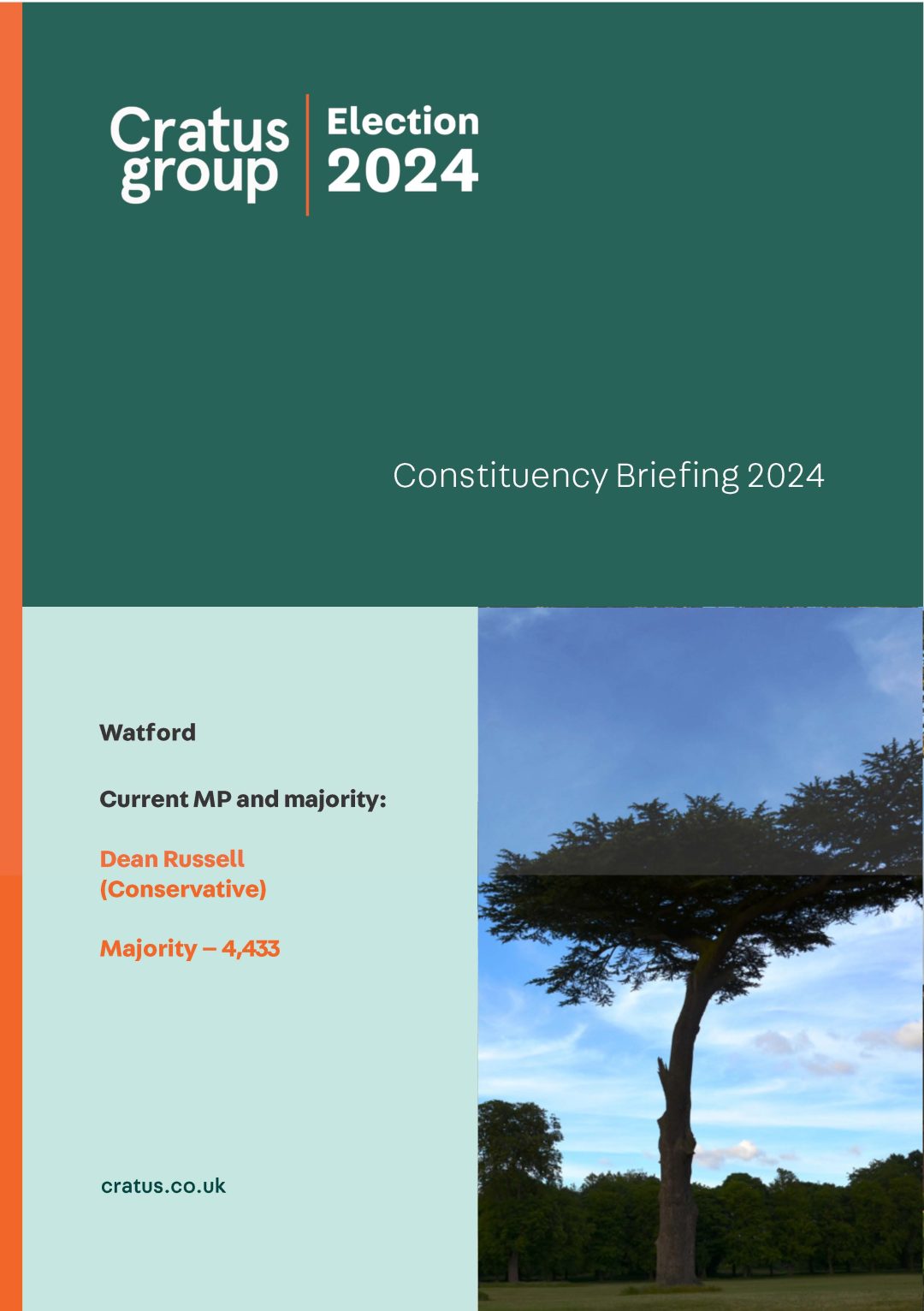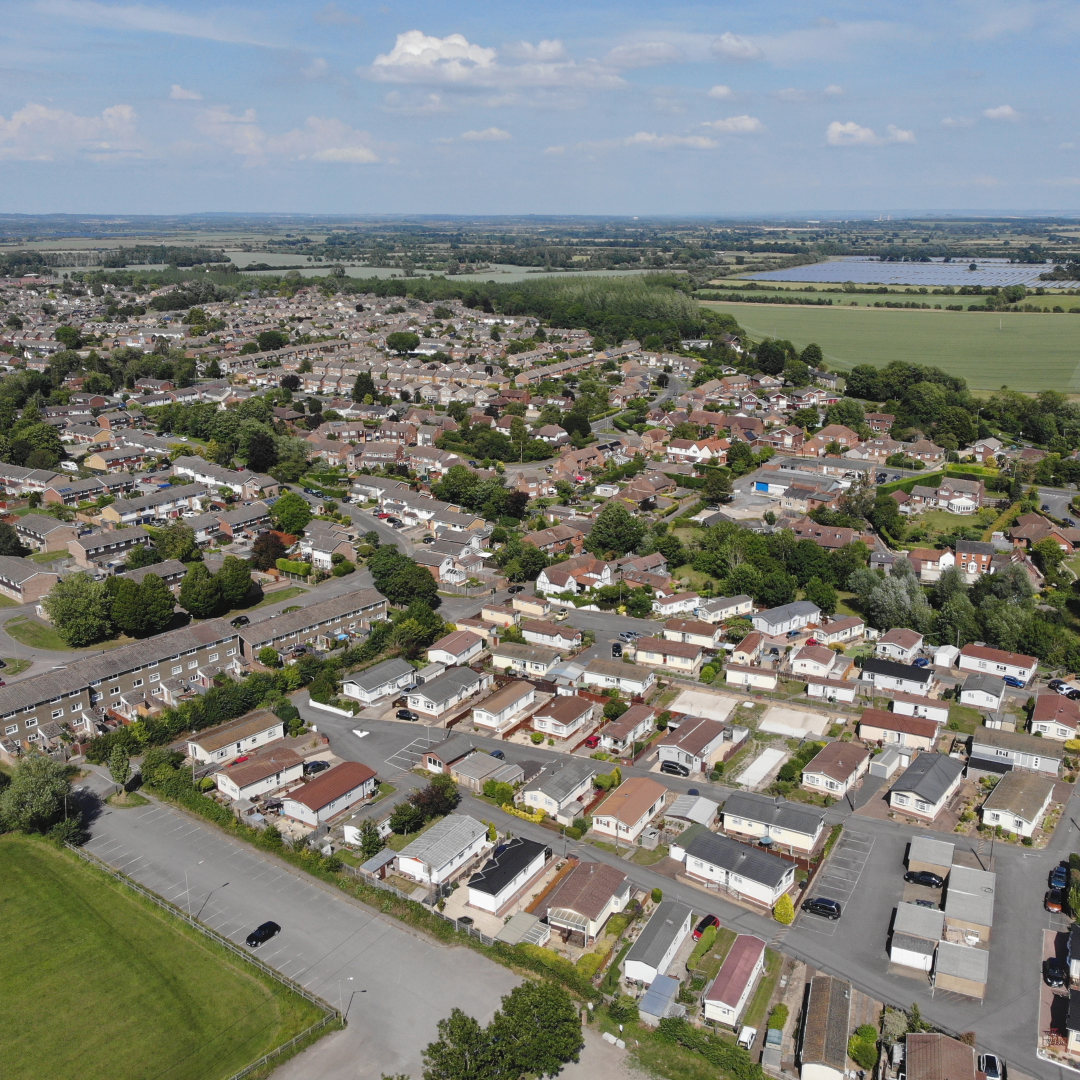Brexit construction risk
The possible negative impact of Brexit on the construction labour force is the biggest risk there is to delivering housing numbers.
This was the message from James Murray, Deputy Mayor of London for Housing, last week at a breakfast briefing hosted by Planning Futures, the planning and housing think-tank.
When asked what is the greatest risk to delivering the high number of houses required in the capital, Mr Murray was clear. In the week that the snap General Election was called it is clear that politics is a risk. As is the looming London Council elections in May next year – although who knows what else will have happened by then, we have given up making predictions about anything further than 10 minutes away!
However, the real risk, according to Mr Murray, is the impact Brexit may have on the construction industry – particularly the labour force literally getting bricks on the ground.
Anecdotally at least one quarter of the construction work force in London are EU citizens and the suspicion is that the true figure is significantly higher. These are labourers who exist in a constant state of uncertainty as to how hard or soft Brexit may be and therefore whether they are staying or going.
If we see the sort of hard Brexit that Labour and the Liberals are warning of (and certainly some hard-line Tories would wish to see) then it is likely we could see a forced, mass emigration of a large chunk of the workforce needed to build the homes of the future.
What is the solution? What comfort could Mr Murray provide the room full of scared and weary planners and developers?
Well, there is no single solution, no silver bullet that solves the problem.
However, one neat tool that can contribute in a number of ways is modular homes. Homes built off site come through the construction process faster, to a high standard, and are an important addition to the type of housing required to meet the numbers needed. Being built off site means assembly on site takes dramatically less site than traditional construction thereby causing far less disruption to existing residents.
But the beauty of this is the fact that the homes do not necessarily rely on a workforce close to any particular site, assembly plants be situated anywhere. This means modular house construction can provide job opportunities anywhere in the country while providing a portion of the homes required in London and the South East. Consequently, you can support a local economy in one area while supplying homes for a community elsewhere.
The Government’s Industrial Strategy can be the supporting framework providing jobs and opportunities countrywide, where they are most needed, not just in the capital.
Joined-up Government. Imagine that. Just don’t expect much of it in the next seven weeks.







